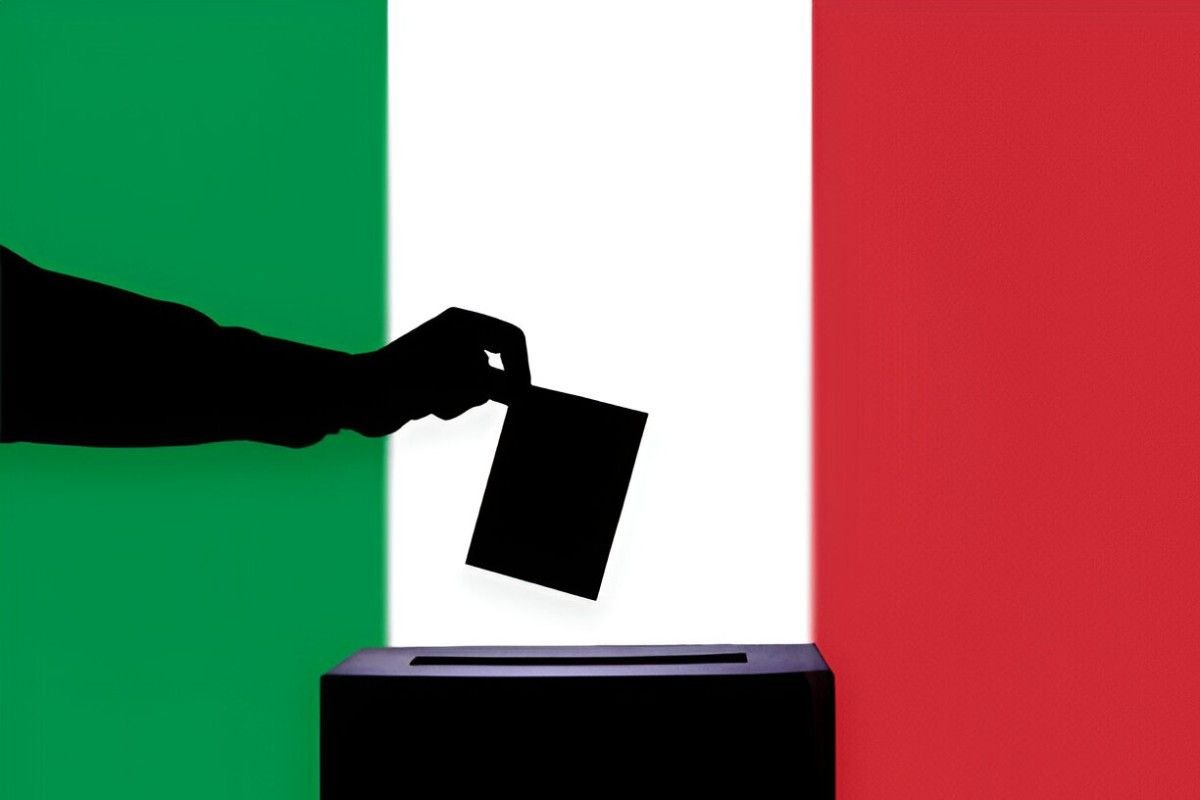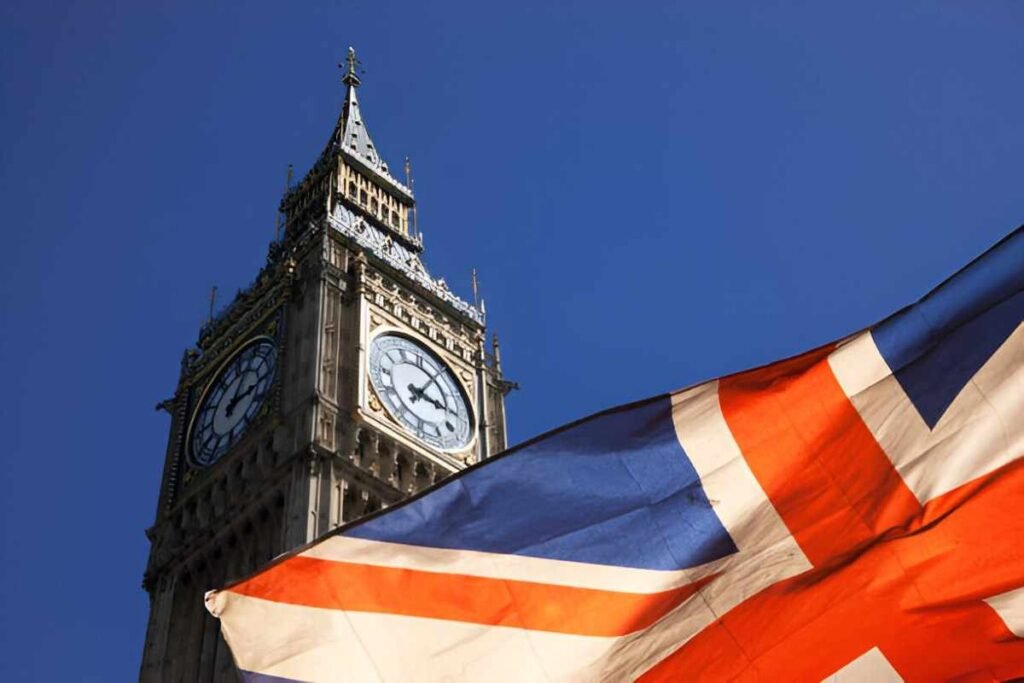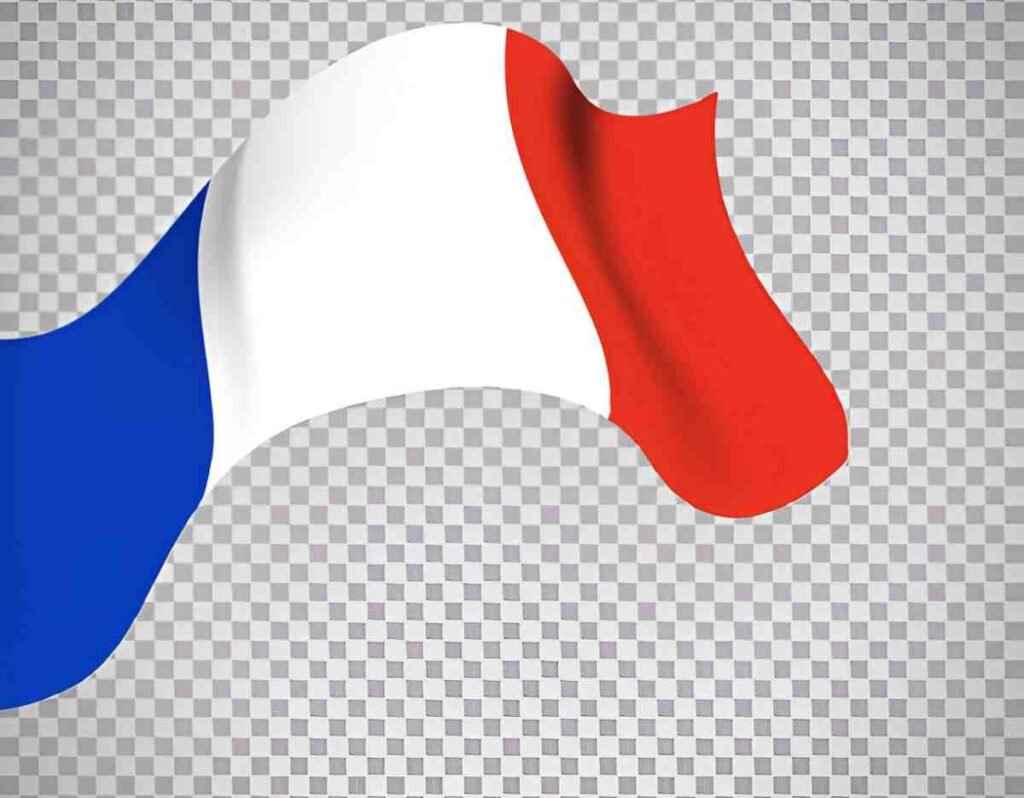Italy’s political landscape is as rich and dynamic as its cultural heritage, marked by various ideologies reflecting Italy’s long and complex history, economic difficulties, and social changes. An understanding of Italy’s major parties provides valuable insight into their ideologies that contribute to shaping its modern political scene – this includes the Democratic Party (PD), League (Lega), Five Star Movement (M5S), Forza Italia (FI) and Brothers of Italy (FdI) among many more.
Table of Contents
The Democratic Party (PD)
Historical Context
The Democratic Party was created as an amalgamation of several center-left parties in 2007: Democrats of the Left and Democracy is Freedom – The Daisy were included. Their purpose was to unite Italy’s scattered left to form an efficient opposition force capable of competing with its center-right opposition; over time, however, this endeavor became one of Italy’s major political players.
Core Ideologies
The Democratic Party’s core ideologies revolve around social democracy and progressivism. Their platform emphasizes strong welfare state policies, including public healthcare, education, and social services, as pillars for increased equality through taxation policies, which aim at decreasing inequalities through progressive taxation measures and safety nets.
Socially, the Progressive Democratic party stands up for civil liberties, LGBTQ+ rights, gender equality, and environmental sustainability – advocating policies that protect minority rights while encouraging inclusion among its membership and safeguarding minority interests—ecological sustainability initiatives, including green energy programs, as a solution against climate change.
On a European front, PD strongly supports Europe. Their belief in Italy’s future lies within an expanded EU is strongly evidenced in their advocacy of policies that strengthen EU institutions while increasing economic and political cooperation between member states.
Criticisms and Challenges
Critics contend that the policies pushed through by the PD can result in excessive government intervention, high taxes, internal divisions, and leadership changes that lessen its effectiveness, and opposition from Eurosceptic segments of society imposed austerity measures by Brussels, thus impeding economic development.
The League (Lega)
Historical Context
The League, commonly referred to by its Italian acronym Lega, was initially formed as an umbrella organization of regional parties in Northern Italy in 1991 under its original name, Lega Nord. While initially advocating for greater autonomy for Northern Italy with strong regionalist and secessionist rhetoric, under Matteo Salvini, it rebranded as an anti-EU force, dropping “Nord” from its name while broadening its appeal across Italy.
Core Ideologies
Lega is defined by its core ideologies: nationalism, economic protectionism, and anti-immigration policies. Their advocates favor strict immigration controls while prioritizing national identity and sovereignty over internationalism and immigration policies. Lega also advocates strong laws and order policies to protect against crime or illegal immigration and strengthen state sovereignty over individual freedom.
Economically, Lega advocates protectionist policies that oppose globalization and free trade agreements. They argue that protecting Italian industries and jobs from foreign competition is crucial to national prosperity; furthermore, they support tax cuts to reduce public spending for an efficient government system.
Lega is fiercely Eurosceptic on a European front, often criticizing EU initiatives for undermining national sovereignty and forcing austerity measures on European nations. They advocate renegotiating Italy’s relationship with EU institutions while prioritizing Italian interests over EU integration.
Criticisms and Challenges
Critics allege that Lega’s policies can be divisive and intolerant, leading to tensions in society as a whole and sparking discrimination against specific communities. Their economic protectionism has been widely criticized as impractical and potentially destructive to Italy’s financial interests. At the same time, their Euroscepticism faces strong resistance from pro-European segments of society, such as those who believe membership benefits Italy.
The Five Star Movement (M5S).
Historical Context
The Five Star Movement (M5S), led by comedian Beppe Grillo and web strategist Gianroberto Casaleggio, emerged in 2009 as an alternative protest movement against traditional political parties and corruption, quickly becoming famous as a populist force. M5S’s success in Italy’s 2018 general elections marked an immense transformation: becoming the most significant party within Parliament itself!
Core Ideologies
M5S’s ideology centers around direct democracy, anti-corruption, and environmentalism. Their message advocates for increased citizen involvement in political decision-making through digital platforms and referendums; their anti-establishment stance manifests through their strong opposition to political corruption and demands for greater transparency and accountability within government institutions.
M5S takes an activist stance toward progressive policies such as civil liberties, LGBTQ+ rights, and gender equality. Environmental sustainability is also strongly featured in their platform, with initiatives supporting renewable energy sources, waste reduction measures, and measures designed to combat climate change being prioritized as critical priorities.
Economically, M5S takes an eclectic stance. They support progressive social policies while simultaneously advocating fiscal conservatism – including universal basic income, increased spending on infrastructure and social services, and measures designed to decrease inequality; in tandem with this view, they advocate reducing public debt in favor of economic sustainability.
M5S takes a Eurosceptic view, criticizing the European Union (EU) for what they view as its democratic deficit and economic austerity measures. Furthermore, they advocate renegotiating EU treaties to prioritize social and environmental goals while expanding democratic accountability.
Criticisms and Challenges
Critics contend that M5S policies can often lack clear direction, with digital platforms serving as decision-makers being vulnerable to manipulation or lacking accountability; additionally, their Euroscepticism has drawn sharp opposition from pro-European sectors of society.
Forza Italia (FI)
Historical Context
Silvio Berlusconi established Forza Italia (FI) in 1994. Soon after, his media mogul party quickly became one of Italy’s dominant political forces under Berlusconi’s tenure as Prime Minister for three separate terms. Positioning themselves on the center-right spectrum with libertarian economic policies and conservative social positions as their key points, they quickly rose through electoral politics to power within Italy’s political establishment.
Core Ideologies
FI stands on an ideology grounded in economic liberalism, conservatism, and pro-Europeanism. Their positions champion free market policies like tax cuts, deregulation, and cuts to public spending; economic development should come from encouraging private enterprise and individual initiative rather than government control or subsidies alone.
Socially, FI tends to hold more conservative beliefs, emphasizing traditional family values, law and order, and national identity. They support stricter immigration controls as part of policies intended to integrate immigrants into Italian society while safeguarding Italian cultural heritage.
Foreign Policy-wise, FI is staunchly pro-European, advocating for further integration within the EU and for Italy to play an active role in European and global affairs. They believe Italy benefits greatly from membership while member states must tackle global challenges cooperatively.
Criticisms and Challenges
Critics assert that FI’s economic policies lead to greater inequality while neglecting social welfare, drawing criticism from more progressive segments of society. Berlusconi’s contentious leadership style and legal issues further diminish its image, leading to internal divisions within the party and declining support among voters.
Brothers of Italy (FdI)
Historical Context
Brothers of Italy (FdI), established as an offshoot of the People of Freedom (PdL) party, emerged in 2012 as an opposition political movement led by Giorgia Meloni on Italy’s far-right political spectrum advocating nationalism, social conservatism, and Euroscepticism. Over time, it has rapidly grown popular in Italian politics, becoming an influential factor in today’s Italian government.
Core Ideologies
FdI stands for nationalism, social conservatism, and economic protectionism – advocating for strict immigration controls prioritizing national identity and sovereignty over immigration flows from abroad. Furthermore, their policies support law and order measures that emphasize strong state security against crimes or unlawful migration attempts by migrants themselves.
FdI holds conservative political and social positions, emphasizing traditional family values while rejecting progressive social policies. Additionally, they advocate for policies that support national pride and cultural heritage.
FdI stands firmly against globalization and free trade agreements, advocating protectionist policies instead. Their position holds that safeguarding Italian industries from foreign competition is crucial to national prosperity; furthermore, they support tax cuts and spending cuts, which seek a leaner, more effective government.
FdI is strongly anti-EU on a European front, criticizing it for infringing national sovereignty and forcing austerity measures upon member nations. Their advocates call for Italy’s relationship with the EU to be renegotiated while prioritizing national interests over European integration.
Criticisms and Challenges
Critics contend that FdI policies can be divisive and oppose social harmony, thus fostering tensions among groups within Italian society. Their economic protectionism has been widely seen as impractical and damaging to Italy’s financial interests; furthermore, pro-European segments of society strongly oppose FdI’s Euroscepticism, which causes disquiet among their ranks who believe Italy benefits from being part of EU membership.
Conclusion
Italy’s political scene is rich and dynamic, with each significant party offering distinctive ideologies and visions for its future. For instance, Italy has three parties representing different ideologies within social democracy. The Democratic Party (PD), for example, represents social democracy while advocating for solid welfare state policies that support European integration. The League (Lega) advocates nationalism, economic protectionism, and stringent immigration controls, while the Five Star Movement (M5S) embraces direct democracy, anti-corruption initiatives, and ecological principles. Forza Italia (FI) supports economic liberalism and conservatism, emphasizing free-market policies and pro-European integration. Meanwhile, the Brothers of Italy (FdI) favor nationalism, social conservatism, and Euroscepticism, prioritizing national sovereignty while favoring protectionist economic policies.
Understanding political parties and ideologies gives us greater clarity to navigate our way around political terrain more smoothly, prompting us to evaluate the choices we face and consider our desired vision for our country’s future. Voters possess immense power to shape that future by engaging with these ideas at polling places; by understanding the ideologies of major parties, we can participate more fully and transparently in democratic processes while building a future reflective of our values and aspirations.





